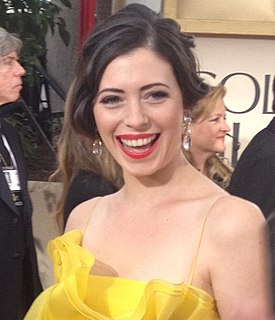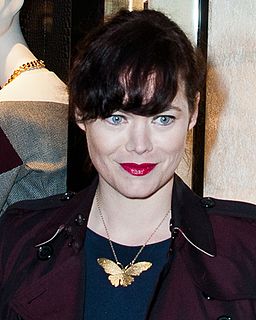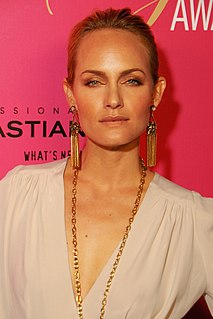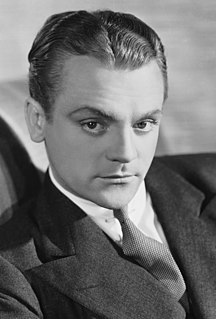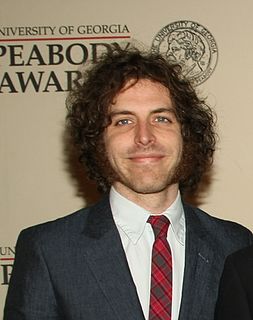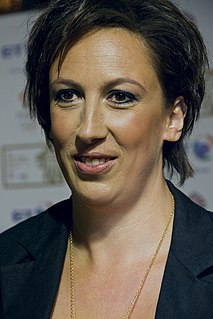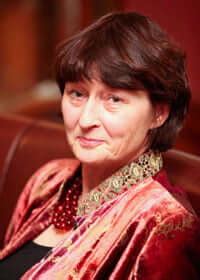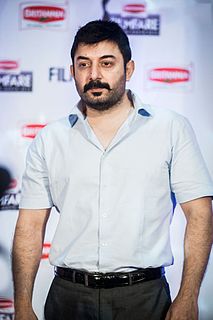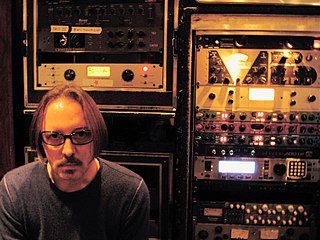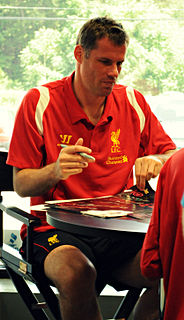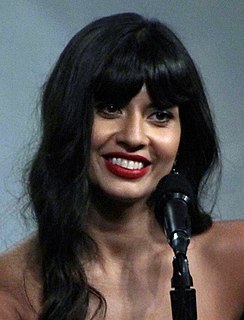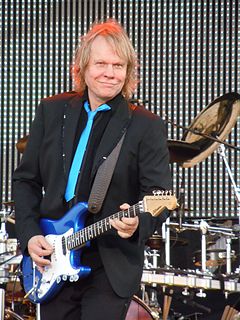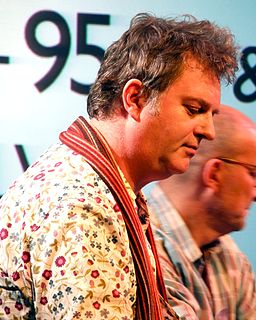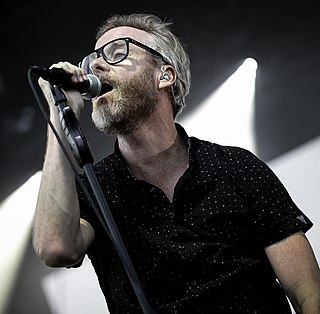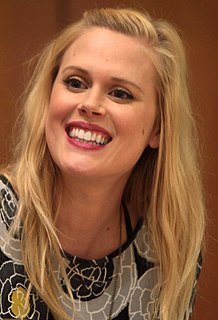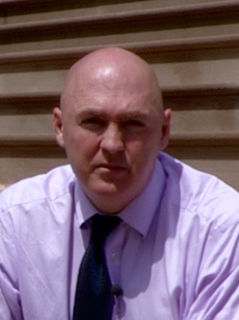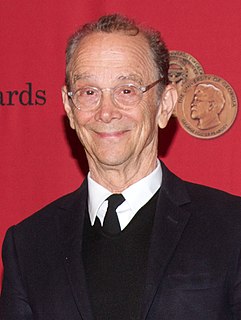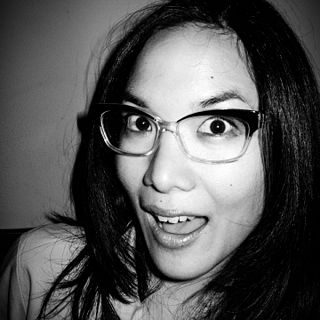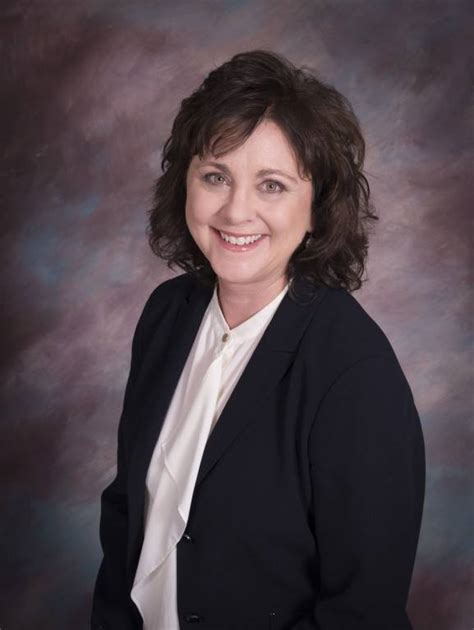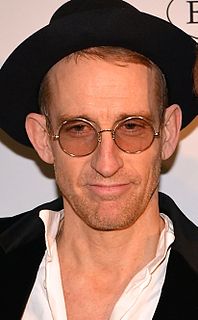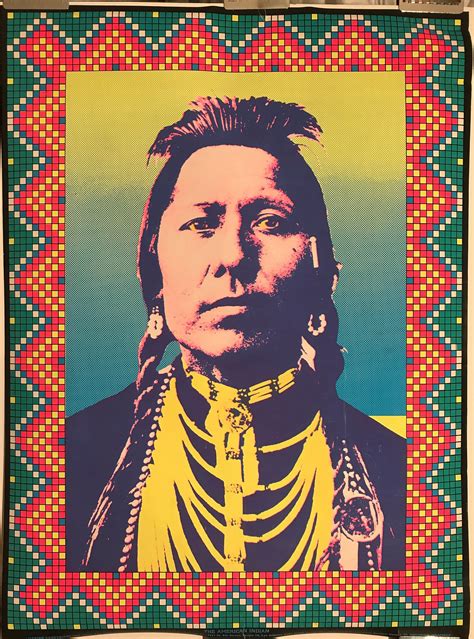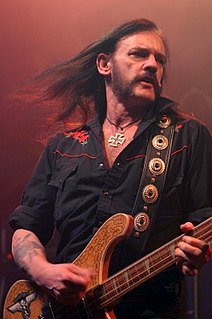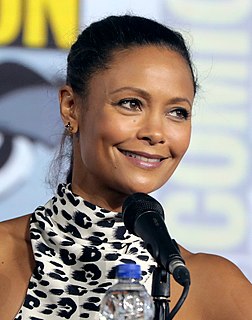Top 589 Twenties Quotes & Sayings - Page 7
Explore popular Twenties quotes.
Last updated on April 20, 2025.
My husband is not American. He was born in Brazil, where he grew up under a filthy, corrupt dictatorship. In his twenties, he moved to Europe, where he lived for a while under various socialist democracies. He spent a few years on a kibbutz in Israel, living out a utopian experiment in communal existence.
Hiro is a talented drifter. This is the kind of lifestyle that sounded romantic to him as recently as five years ago. But in the bleak light of full adulthood, which is to one's early twenties as Sunday morning is to Saturday night, he can clearly see what it really amounts to: He's broke and unemployed.
Everybody's constantly growing. In your twenties, you can learn a lot, and you can be very smart and clever and savvy. Especially these kids today. They seem like they have it all together. But let's talk to them again when they're 40 years old and see really who they are. Is it who they thought they were at 25?
I now have the experience of life and all I've seen. I came in when I was in my twenties and I wasn't prepared to be an actor. Then there was my sabbatical, my accident and I was single-parenting my kids. Your mind expands, you become mature and you feel liberated. I don't care about being conventional. I want to be daring.
There ought to be more grants that go to people in their late twenties and early thirties. That's a crucial age, although it's very hard to judge who is worth supporting and who is not. Looking back on my own life, I see that was the period when I was closest to giving up as a novelist and when I most needed some encouragement.
I never pursued anything in terms of performing comedy until I was in my twenties. I was basically forced into it by a couple of my friends who were starting a sketch troupe and thought I'd be good at it. I was kind of terrified by it, but I gave it a try. I am so grateful to those guys for believing in me and viciously twisting my arm!
The Sexual Revolution offered us women this deal: you can particiapate in higher education and the labor market, as long as you agree to chemically neuter yourselves during your twenties, and endure expensive, humiliating, and possibly dangerous infertility treatment during your thirties and forties.



